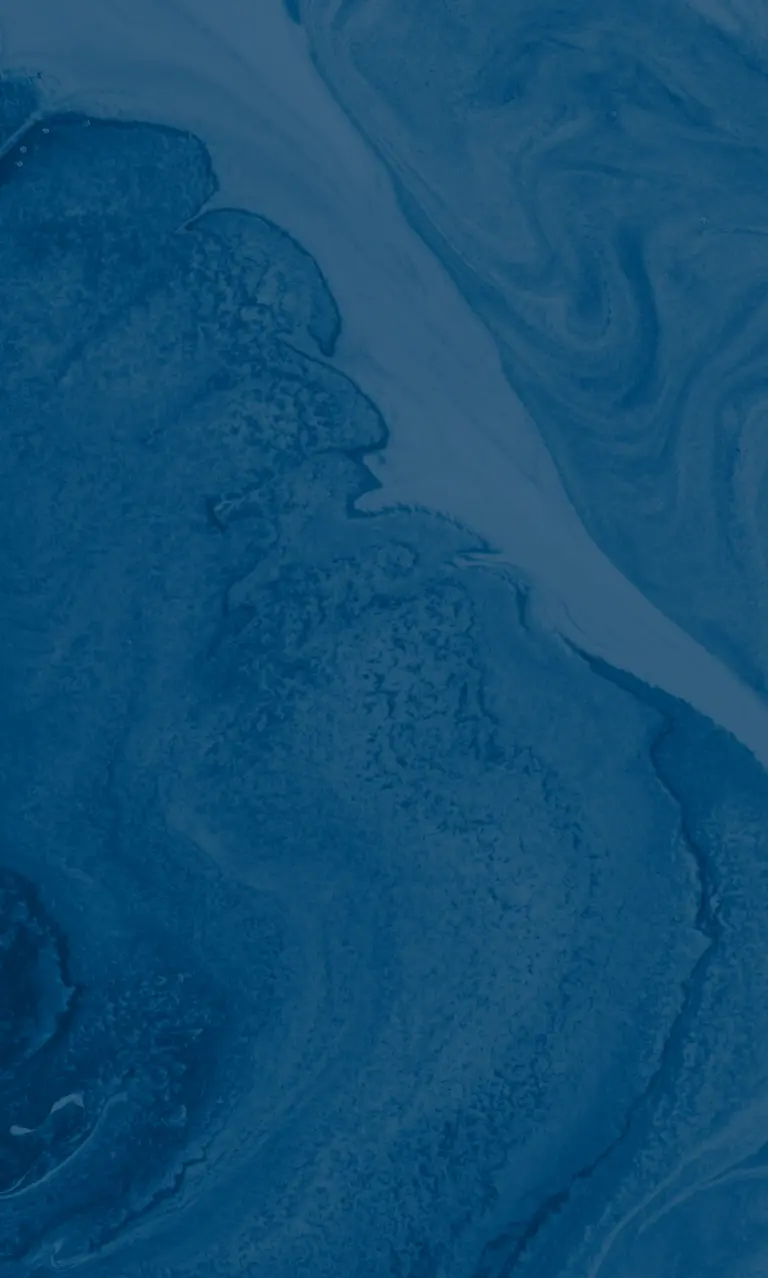Deep oases Exploring deep-ocean diversity
DEEP OASES is a fundamental research project involving deep-ocean exploration. Submitted to the Agence Nationale de la Recherche (French National Research Agency) as part of its 2006 "biodiversity" programme, the project will have significant applications in the field of biotechnology. Companies in this sector are showing considerable interest in the economic potential – particularly in the field of health – of the properties of organisms living in extreme conditions. Some of these organisms are already available in 'cell banks' which it is important to supplement and exploit.
Research within the DEEP OASES project does not focus on 'ordinary' deep-ocean zones but on very specific sites at the edge of ocean plates and notably around hydrothermal vents or, conversely, cold seeps where exploration conditions are difficult and demand yet more technological adaptations. Rare species, adapted to the toxicity of the environment, develop in these locations in great numbers surviving extreme biogeochemical and biological interactions and competing fiercely for resources.
Seven ocean-going expeditions involving large scientific vessels and deep-ocean submersibles will explore the European margins, Mid-Atlantic Ridge, East Pacific Rise and Gulf of California, studying three specific deep-ocean environments, namely hydrothermal vents and cold seeps of the continental margins and sunken woods, in which the food chain is based on bacterial chemosynthesis.
Partners
Centres de recherche
- Laboratoire Environnement Profond, Ifremer, Brest [Porteur de projet]
- Laboratoire « Adaptation et Diversité en Milieu Marin », UMR 7144 CNRS/UPMC, Station Biologique de Roscoff
- Laboratoire de Microbiologie des Environnements Extrêmes UMR 6197 Ifremer / CNRS / UBO
- Équipe Adaptation aux Milieux Extrêmes de l'UMR 7138 CNRS IRD MNHN UPMC
- Laboratoire des Sciences de l'Environnement Marin, UMR 6539 CNRS, UBO
- École Supérieure de Microbiologie et Sécurité Alimentaire de Brest (ESMISAB), Laboratoire de Biodiversité et écologie Microbienne (EA 3882)
Funders
- Agence Nationale de la Recherche
